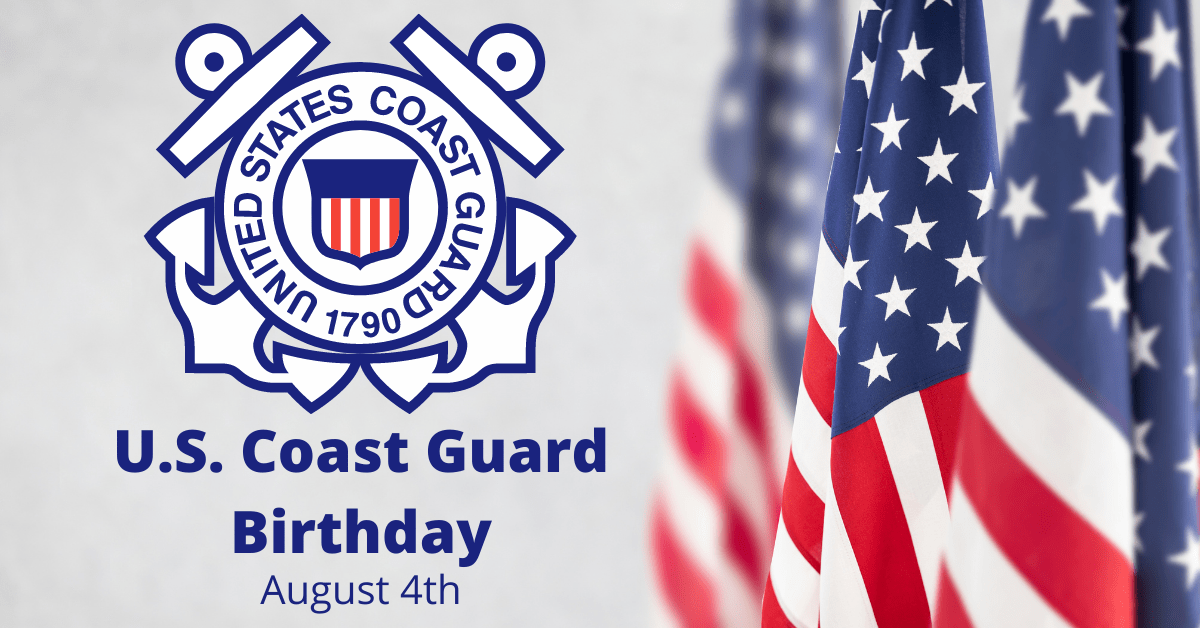With talk of COVID-19 dominating many of our lives, the director of addiction services at Naperville-based Linden Oaks Behavioral Health is advising people “not to let our stress and anxiety get the much better of us.”
Aaron Weiner says it’s important to follow the appropriate standards to slow the development of the infection, but it’s likewise important for individuals not to let fears of the unknown control their lives.
In composed remarks dispersed by Edward-Elmhurst Health, Weiner said extreme stress and anxiety can hurt all locations of life, consisting of relationships, parenting and even immune systems.
He provided the following pointers for lowering stress and anxiety:
– Limitation the amount of time you invest reading and viewing coronavirus news. While it is crucial to stay abreast of current suggestions, bear in mind that each time you expose yourself to disturbing news, you are stoking the fires of your own stress and anxiety. “Choose one time daily to read about coronavirus news, and once you are upgraded, wait until tomorrow to examine again,” he stated.
– Concentrate on what you can control to keep you and your family healthy, and release what you can’t. If you follow suggestions from healthcare institutions, you can rest easy knowing you’ve done your part to keep yourself and your family safe.
– Don’t engage in “security behaviors” that increase your stress and anxiety without making you any more secure. For coronavirus, this means taking advised preventative measures, however not overdoing it.
An example of a security habits in this scenario is mask-hoarding or preventive mask-wearing– the CDC has actually been really clear that masks are most helpful today for including bacteria if you’re sick, however not for keeping bacteria out when you remain in public. Even worse yet, people tend to touch their face more when wearing a mask, which is associated with increased threat of contracting the infection.
– Avoid catastrophizing: Keep in mind that, in all probability, you are going to be OK. It’s simple to assume the worst, but this just makes our stress and anxiety worse. “If you operate under the assumption that you and your loved ones will be OKAY, your anxiety will be considerably lower than if you ruminate on possible devastating results,” Weiner said.
– Engage in mindfulness meditation to minimize your reactivity to anxiety. If you’re not familiar with such meditation, attempt starting with a mobile phone app that utilizes research-supported methods and provides you with training. He advises Headspace and 10% Happier,
– Get support and talk about your sensations. “Make certain you open up to friend and household about your sensations and, if necessary, don’t be reluctant to deal with a therapist,” he stated.
If you or a member of your household would benefit from working with a therapist, see www.eehealth.org/services/behavioral-health or call Linden Oaks Behavioral Health at (630) 305-5027 to discover the area nearest you.



